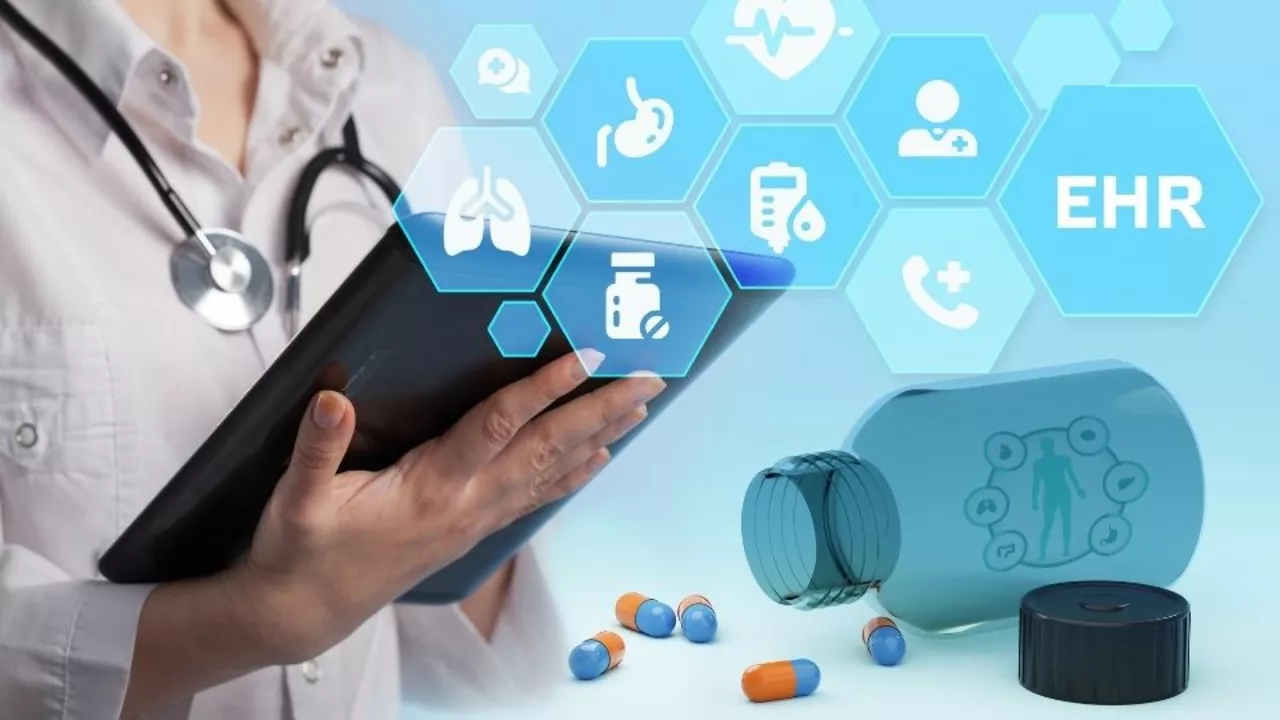Understanding the Importance of EHR/EMR in Public Health
As a blogger, I am always on the lookout for the latest trends and advancements in technology that are shaping our world. One such domain that has greatly benefited from the digital revolution is public health. Electronic Health Records (EHR) or Electronic Medical Records (EMR) are transforming the way patient data is stored and shared, enhancing the delivery of healthcare services. They are digital versions of a patient's paper chart, encompassing a real-time, patient-centered record that makes information available instantly and securely to authorized users.
Implementing an EHR/EMR system in public health departments can streamline numerous processes. It reduces the chances of data duplication, enhances the accuracy of diagnosis and treatment, and improves patient care. However, the key to reaping these benefits lies in choosing the right EHR/EMR software. So, which EHR/EMR is best for public health departments? Let's delve into this.
Evaluating the Best Features in EHR/EMR Software
Before we discuss the best EHR/EMR for public health departments, it's vital to understand what features make an EHR/EMR software stand out. A good EHR/EMR system should be user-friendly and have a straightforward interface. It should offer interoperability, enabling seamless data sharing between different healthcare providers. The software should also be secure and compliant with health data privacy regulations.
Other vital features include customizable templates to cater to different specialties, a patient portal for patients to access their medical records, and decision support systems to aid healthcare providers in making informed decisions. Finally, the software should offer robust reporting and analytics tools, enabling public health departments to monitor and improve their performance.
Top EHR/EMR for Public Health Departments
There are several EHR/EMR systems available in the market today, but not all are created equal. From my research and experience, Epic Systems, Cerner, and Allscripts stand out as the best EHR/EMR for public health departments.
Epic Systems offers a comprehensive suite of healthcare software centered around connectivity. It provides a single, longitudinal patient record, improving coordination and patient care. Cerner, on the other hand, focuses on connecting people and systems within the health community. It provides an integrated digital platform that empowers people to manage their health. Allscripts' open, connected, and interoperable platform connects the clinical, financial, and operational aspects of healthcare. It offers solutions that are specifically designed for public health departments, making it an excellent choice.
Considerations when Choosing an EHR/EMR
While the aforementioned systems are top-notch, it's important to remember that the best EHR/EMR for your public health department depends on your specific needs. Before making a decision, consider factors such as the size of your health department, the number of users, the specialties you cater to, and your budget. Also, think about the learning curve associated with the software and the support provided by the vendor.
Furthermore, it's crucial to involve your team in the decision-making process. After all, they are the ones who will be using the software. Gather their input, understand their needs, and take their preferences into account. This will ensure that the EHR/EMR you choose aligns with your team's requirements and workflow, ultimately leading to successful implementation and adoption.
The Future of EHR/EMR in Public Health
With rapid advancements in technology, the role of EHR/EMR in public health is set to expand exponentially. We can expect to see more robust, feature-rich systems that leverage artificial intelligence and machine learning to provide predictive analytics, enhance decision making, and improve patient outcomes. Furthermore, as telemedicine continues to gain traction, EHR/EMR systems will play a key role in facilitating remote patient monitoring and virtual consultations.
Therefore, it's crucial for public health departments to keep abreast with the latest developments in EHR/EMR technology and choose a system that is not only suitable for their current needs but also scalable and future-proof. With the right EHR/EMR, public health departments can significantly enhance their efficiency, improve patient care, and make a positive impact on public health.





